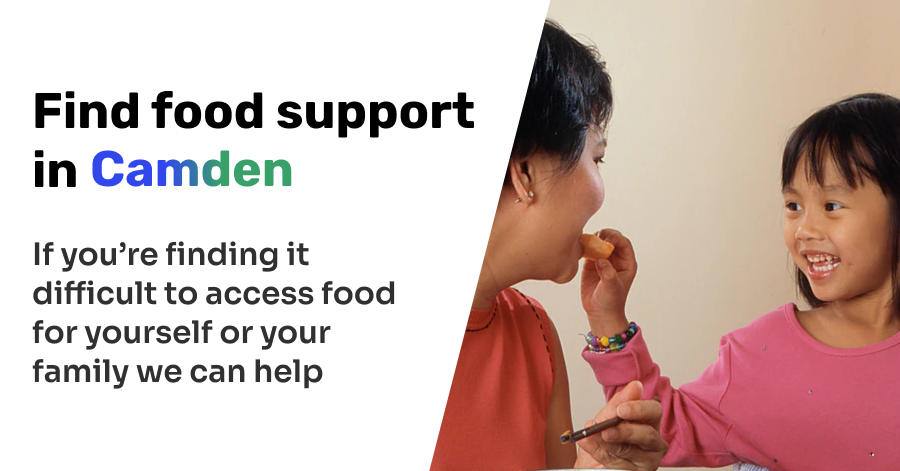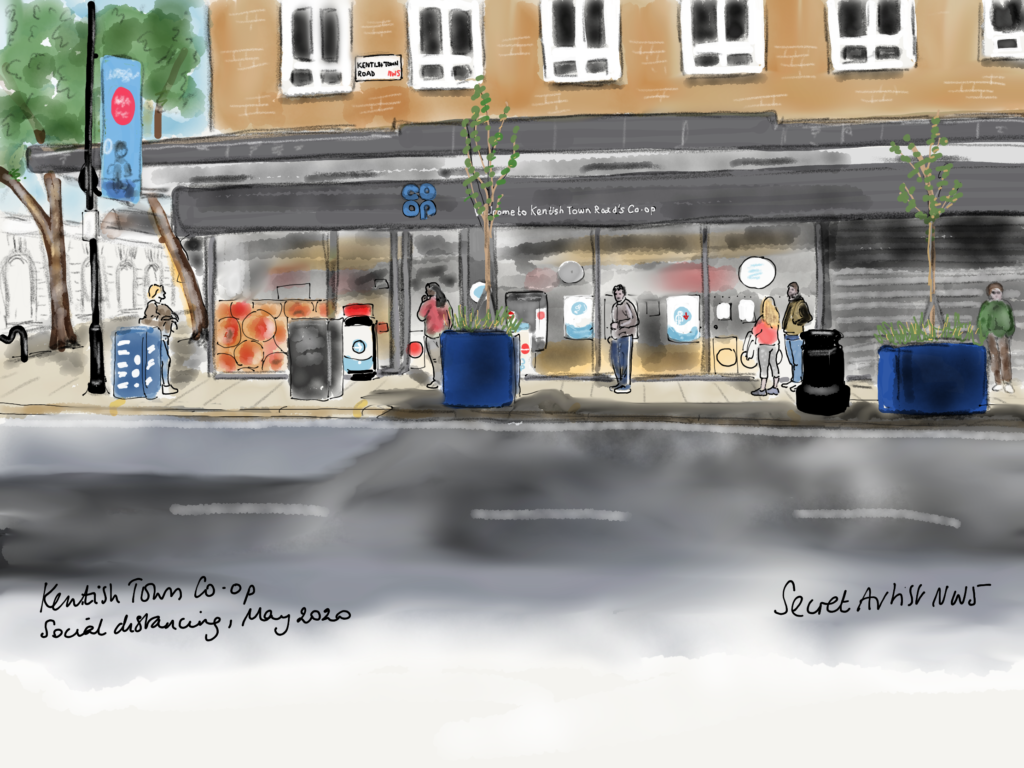Moving from mission design to delivery is a complex and messy process. Policymakers are often expected to manage or “contain” messiness, with neat and tidy strategies or implementation plans. However a key takeaway message from a recent UCL Institute for Innovation and Public Purpose (IIPP) session, that supported the transition of design to delivery of Camden’s missions, was the importance of anticipating and embracing some messiness in order to create the space to design a way forward collaboratively and build on new learning.
Inspiration and challenge
On May 10, IIPP brought together four speakers from across their network to provide inspiration and challenge to the missions being developed with Camden Renewal Commission. This session came at a critical time in the development of the missions as they start to be put into practice.
The presentations by Pooja Agrawal, co-founder and incumbent CEO of Public Practice; Dan Hill, Visiting Professor of Practice at IIPP and Director of Strategic Design at Vinnova; Gemma Bone Dodds, a Mission Lab Research Fellow at IIPP; and Francesca Froy, a Visiting Policy Fellow at IIPP, showcased some of their past work in dialogue with the four renewal missions.
The session explored several themes including:
- How to set up and support innovative and experimental projects that are built on and responsive to community needs
- How the public sector can steward a space for stakeholders and citizens to come together to lead mission activities
- How to create truly inclusive spaces for communities to shape policy
All four speakers shared their reflections linked to these questions from practical local examples in their own work, including delivery of a place-based project, part of the Greater London Authority (GLA) London Regeneration Fund and taking a design-led approach to mission-oriented innovation in Sweden.

Pooja Agrawal’s presentation
Through the lens of The Granville community centre in South Kilburn, Pooja spoke of the nuance that needs to be applied to “learning through doing”, recognising that you need to let a project develop to a critical phase of maturity to properly understand its impact, even if that sometimes leads to the decision to take a different path.
Dan Hill’s presentation
Dan’s presentation resonated closely with the renewal commission missions. The project to redesign Swedish streets and neighbourhoods that also tackled food insecurity, served as a concrete case study for how to bring stakeholders together across sectors and different governance levels.
The presentation focused on providing insights into unique methods of capturing stakeholder perspectives and lenses so that the street environment reflected what is valued by different groups. Like Pooja’s presentation, there was also a focus on allowing for organic changes and growth so that design ideas and community values could be tested and adapted through feedback.
Dr Gemma Bone Dodds’ presentation
Gemma’s presentation highlighted the importance of participation, especially the significance of active participation and leadership in determining how resources are owned, shared and distributed.
She talked through illustrations of how to do this from real world examples, such as clear communication and explanation of decision-making process, transparently identifying where stakeholders have authority and sometimes genuine control.
Francesca Froy’s presentation
Francesca’s presentation shared methods and tools that can be used to map out, track and evaluate network connections and interactions through the example of streets in Camden.
It’s important to use the right kinds of tools, methods, and approaches to evaluate new pilot projects in real time. These need to take into account a networked, systemic view of the impact projects create – particularly in the context of a missions approach where you’re trying to bring together different sectors and systems.
As the Camden renewal missions are taken forward through design-led delivery, the Council and their partners will have to navigate the complex and messy nature of working towards system change.
This IIPP Expert Workshop provided inspiration and food for thought on how to do this.
We will endeavour to learn from others’ experiences and will share our own progress, mistakes made and lessons learnt.




